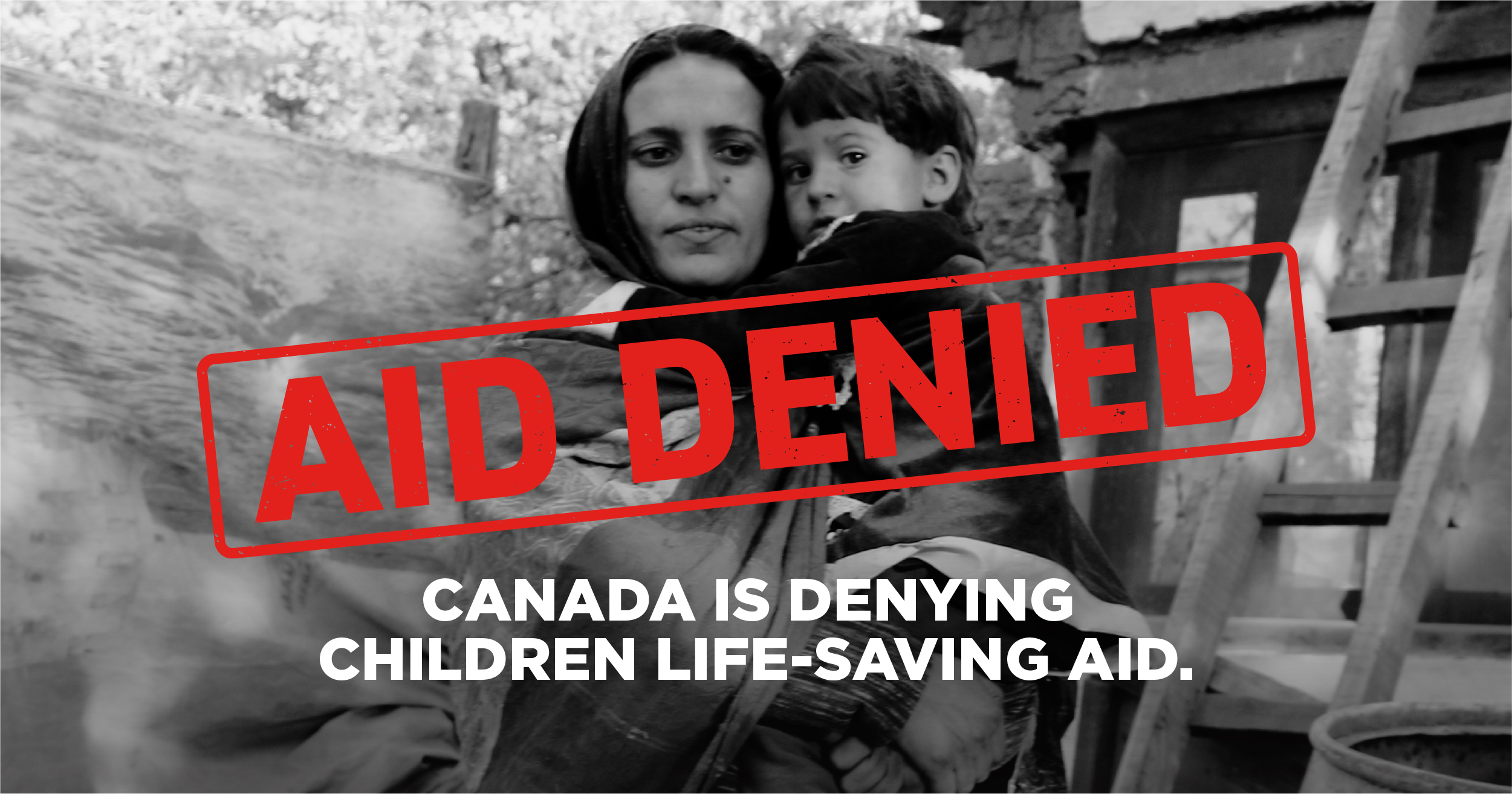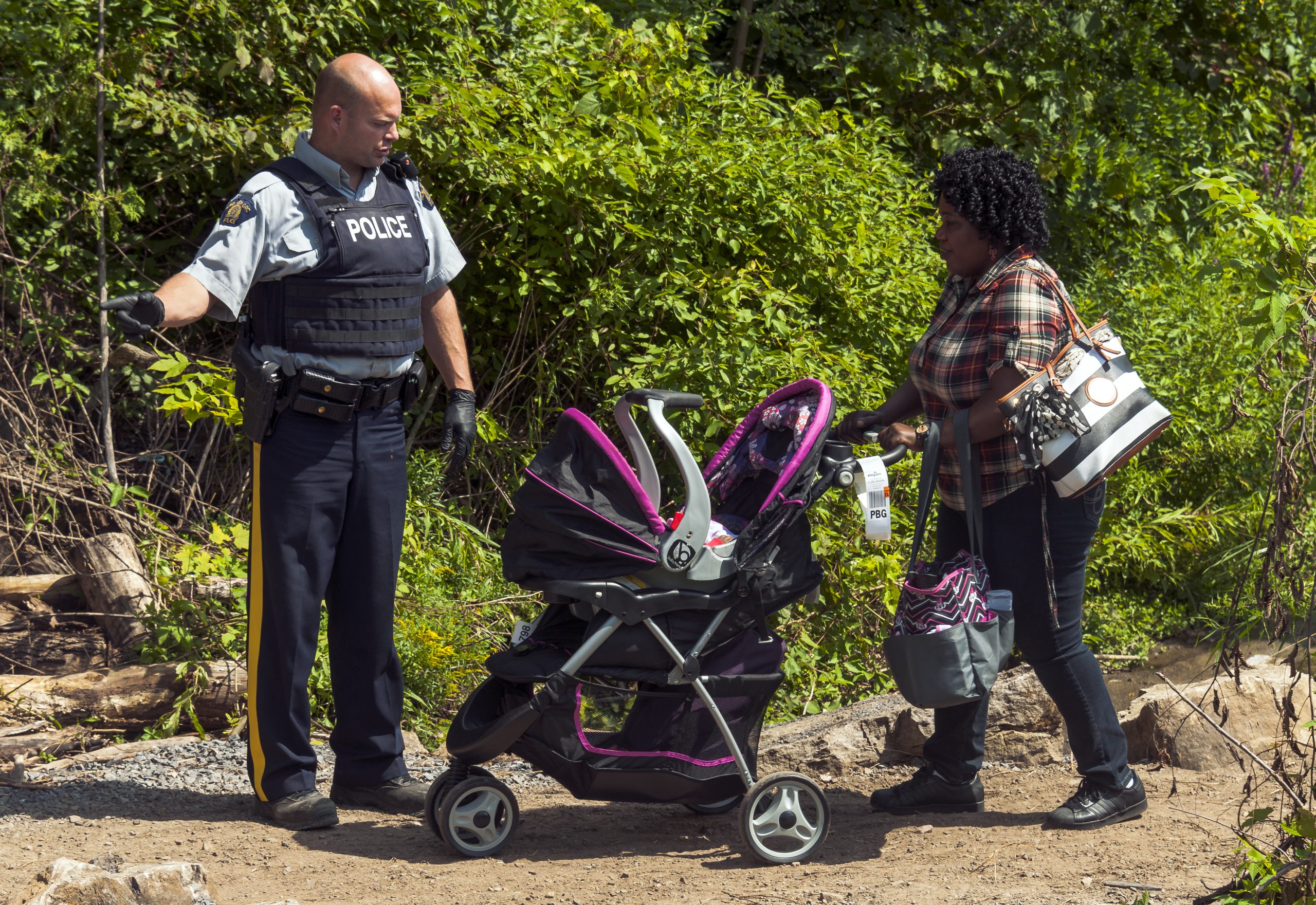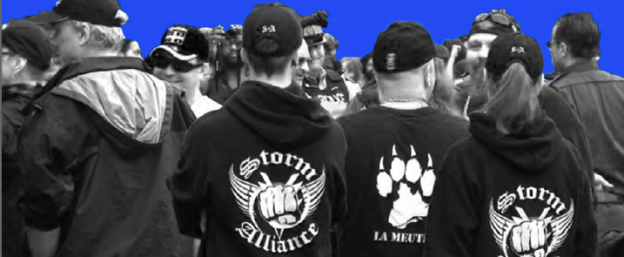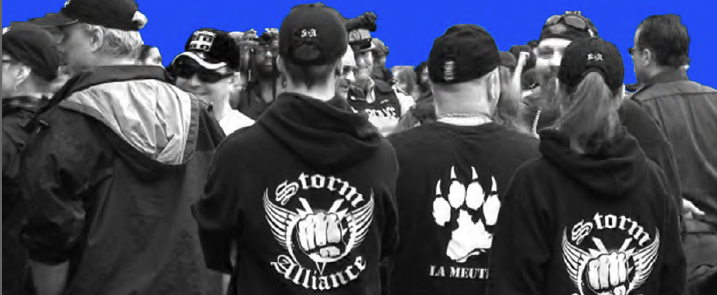
Image from the Aid for Afghanistan campaign, which ICLMG joined alongside 17 other organizations.
By Tim McSorley & Xan Dagenais
Since the ICLMG’s creation, we have warned of the negative impact of counter-terrorism laws on the delivery of international assistance, especially to populations in regions where entities deemed by the Canadian government to be terrorist groups are active. When the Taliban regained control of Afghanistan in 2021, the Canadian government refused to give assurances that organizations providing international assistance, including humanitarian organizations, would not be prosecuted. This forced many to stop their vital work in the country. With a humanitarian crisis unfolding in Afghanistan, civil society pressured the government to amend the law to create a straightforward pathway to provide international assistance again. Unfortunately, but unsurprisingly, the government instead introduced Bill C-41 which aimed to create a complex authorization regime for organizations to provide international assistance in zones controlled by groups considered “terrorist entities” by Canada.
Thanks to concerted pressure from civil society groups, including the ICLMG, the bill was amended to create, for the first time, an exemption in Canada’s laws on countering terrorist financing for the provision of humanitarian assistance. While this was a clear win, there are lingering questions around how the government is interpreting the exemption.
At the same time, this exemption does not apply to Canadian international assistance organizations that carry out vital activities, but which are not exclusively humanitarian in nature, including in regards to provision of health services, defense of human rights, efforts towards peacebuilding and support towards earning a livelihood. These organizations are now subject to an unclear, burdensome and invasive authorization process in order to carry out their work in Afghanistan.
Among other concerns, this new regime places the onus on these groups to prove they do not violate vaguely defined security assessment rules. These rules allow the Minister of Public Safety to deny an authorization based solely on whether any individual involved in a project, including international partners, has undefined “links” to terrorism or has ever been simply investigated on terrorism grounds.
The ICLMG has documented time and again how such vague rules result in harmful impacts, including: “guilt by association” based only on unsupported allegations; political interference or ministerial discretion based on political expediency; and the promulgation of both systemic and individual bias and racism.
We also remain concerned that an exemption regime does not address the central problem: that Canada’s overly-broad counter-terrorism laws allowed for this situation to occur in the first place. While an exemption regime may provide a route forward, it avoids how counter-terrorism laws create areas and entities that are considered ‘no-go,’ and continue to primarily and unjustly impact majority-Muslim countries and regions. We renew our call for the government to fundamentally revisit its approach on counter-terrorism laws and their enforcement.
Although the bill received royal assent in June 2023, and despite assurances from the government that they would take quick action, the authorization regime has yet to be launched at the time of writing in April 2024, leaving millions of people without much needed assistance.[1]
Tim McSorley is the National Coordinator of the International Civil Liberties Monitoring Group
Xan Dagenais is the Communications and Research Coordinator of the International Civil Liberties Monitoring Group
Footnote
[1] Since the writing of this article, the government has launched the authorization regime. We will share critical analysis of it later.
Since you’re here…… we have a small favour to ask. Here at ICLMG, we are working very hard to protect and promote human rights and civil liberties in the context of the so-called “war on terror” in Canada. We do not receive any financial support from any federal, provincial or municipal governments or political parties. You can become our patron on Patreon and get rewards in exchange for your support. You can give as little as $1/month (that’s only $12/year!) and you can unsubscribe at any time. Any donations will go a long way to support our work. |





